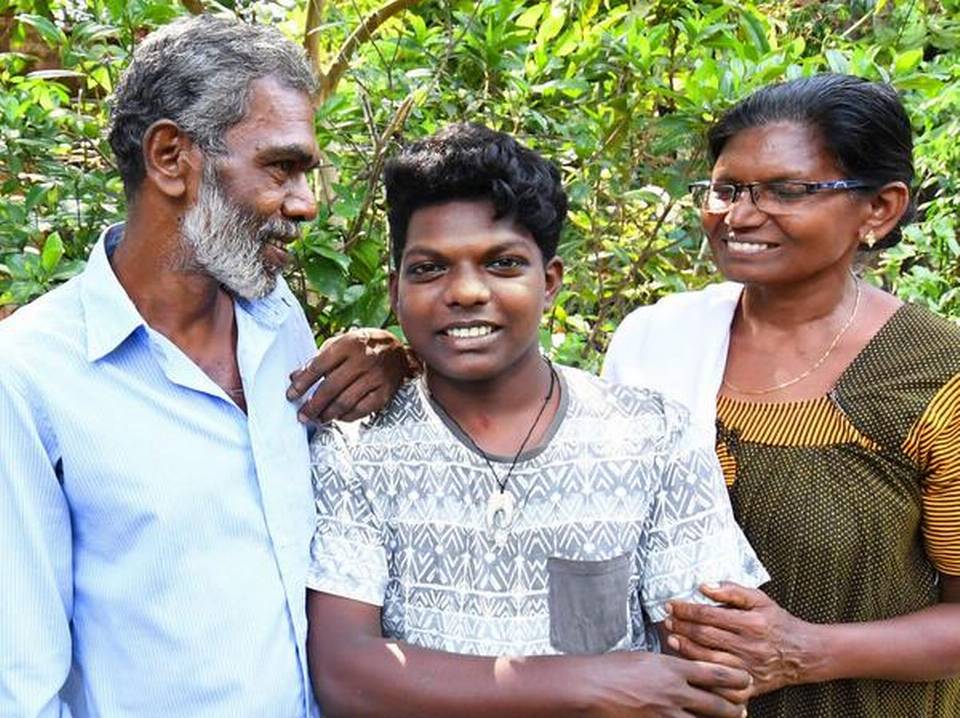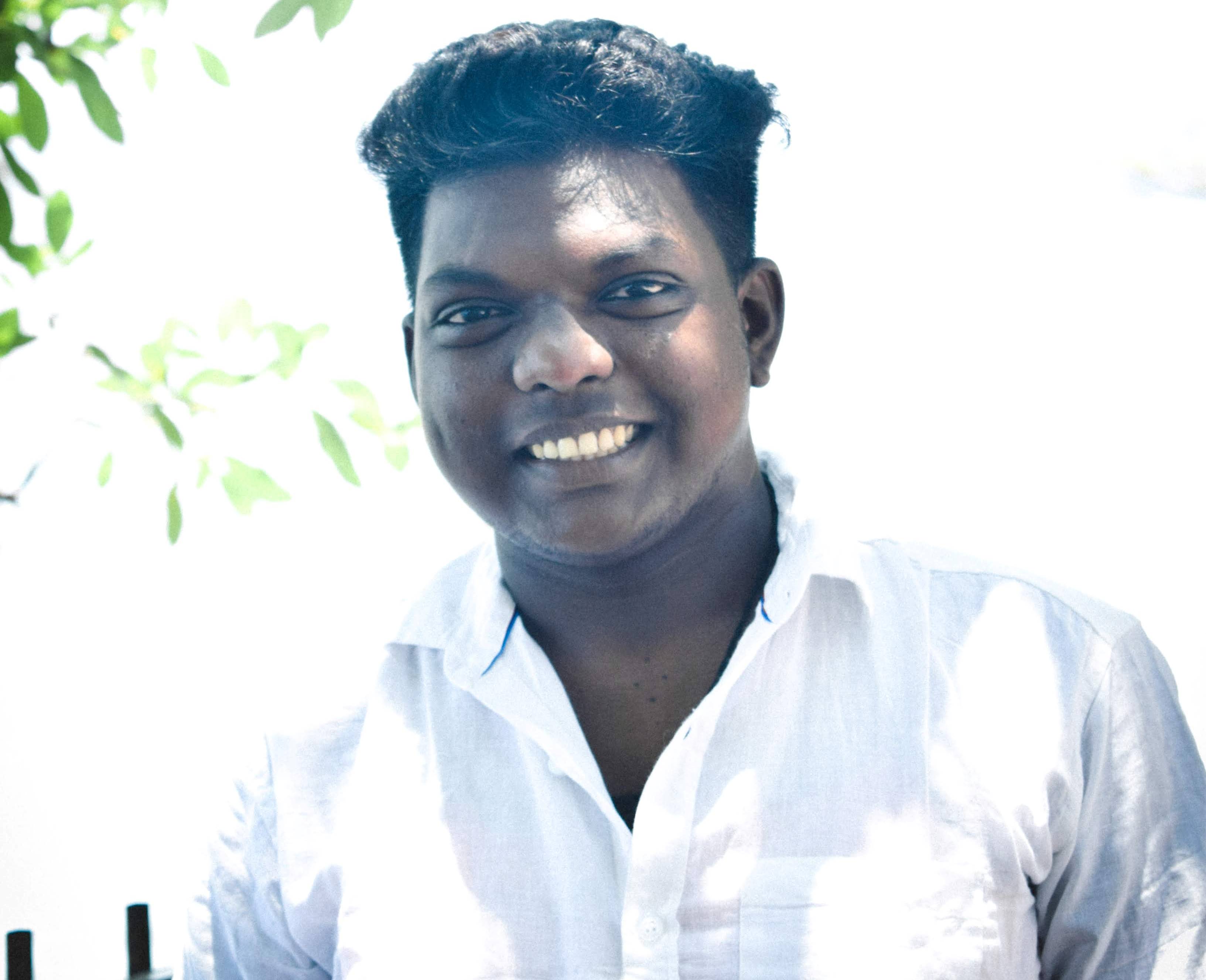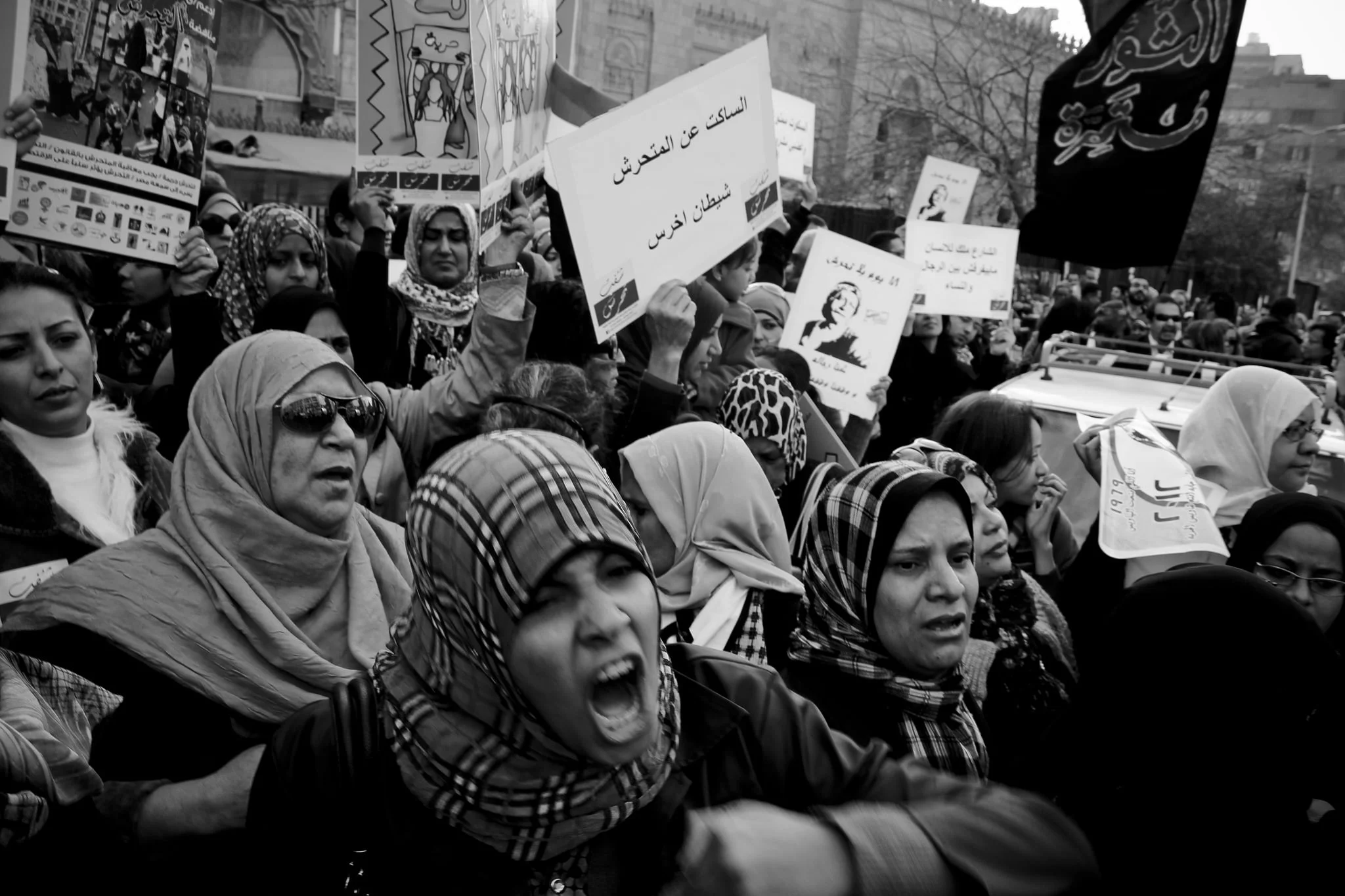Posted by Josephine Varghese
The 25-year-old Ashwathi Rajappan, or Chinju to their friends and family, is the first openly intersex candidate contesting in the Lok Sabha elections. They have filed their nomination from Ernakulam constituency where a high profile contest between major parties, the Indian National Congress and Communist Party of India (Marxist), is underway. This is a historic moment for queer-Dalit visibility and representation in India.

Chinju is well-known among the LGBTIQIA+ and human rights community in Kerala and a vocal Dalit activist who advocates for an intersectional understanding of marginalities. They have been an active part of Sahayathrika, an LBT welfare organisation based in Thrissur and I had heard a lot about their work. It was at the 2016 Chennai pride march that I first met them. Pride marches do play the important role of bringing the queer community and allies together, providing an opportunity to bond and network – at both professional and personal levels. I met Chinju as we marched proudly through the streets of Chennai, chanting, dancing and waving the rainbow flag.
Josephine Varghese: This is a landmark moment for queer-Dalit politics in India. Congratulations. Can you talk about the circumstance that led you to decide to stand for elections?
Ashwathi Rajappan: So, it starts with transgender policies in the state and at the centre. The Kerala State Transgender Policy (2015) recognises self-identification of
I belong to a very marginalised community that gets little visibility in Indian politics. I am intersex, A transgender Person and Dalit.
At the national level, when the Transgender Persons (Protection Of Rights) Bill 2016 was being discussed, I went to Delhi to present my position before the parliamentary committee. After the presentation, the committee MPs interacted with me in dehumanising and humiliating ways, asking questions such as “Do you have sexual desires?” and “Can you satisfy a woman?”. These are the MPs representing Indian citizens – drafting law and policy – and this is their level of respect for the trans and intersex community. I decided that this had to change.
See, I belong to a very marginalised community that gets little visibility in Indian politics. I am intersex, a transgender person, and Dalit. In my school and college, I presented as a girl, but now I am gender
JV: You have been an activist for the
AR: Ever since I started using social media, I had been looking for people like me, but I couldn’t find any groups or communities. I did, however, find organisations such as Queerala [an LGBTIQIA+ advocacy and support group].
When I was 22 my cousin sister attended a workshop by Sahayatrika, where she was introduced to the term ‘intersex’ for the first time. Instantly she remembered
My politics, as I mentioned before, is a queer-Ambedkarite politics, which includes a focus on both social and economic issues and understands how these overlap.
I must also mention the Dalit Human Rights Movement (DHRM) for my awareness of Dalit politics and other everyday practical soft skills such as self-esteem, English education and smart dressing. I am an Ambedkarite. I believe in the principle ‘educate, agitate, organise’. I am able to access information and opportunities through my education (Chinju holds a bachelor’s degree in electronics). I realise that many intersex people before me, have lived and died without being able to understand their body, identity and place in society. I realise that there are many in that situation currently, and many more yet to be born. I recognise that I have a responsibility towards them. And that is why I joined Sahayathrika for human rights as a program coordinator in 2015. In 2016 February, I came out as intersex at a public event in Kochi, and there has been no turning back. I have engaged myself in grassroots work for the queer community across Kerala, and in many parts of India.
JV: There is a chronic lack of awareness about intersex not only in the general
AR: My parents’ political consciousness has been a strength throughout my journey. When I was born, 4 out of 5 doctors recommended surgery. My mother’s insight at that time was so crucial. She decided to go by the advice of that one doctor who recommended no surgery. I had a gender-neutral upbringing. My mother called all three of her children – me, my brother and my sister – the same, ‘mone’ (‘beta’ in Hindi). When I suggested that I be called ‘Ashwathi’ instead of the original name given to me, ‘Reshmi’, my aunt supported me, telling my mother Ashwathi was a good name, and that if I grew up wanting to be a man, I could change it easily to Ashok. My aunt is no more [tears up]. I am thankful to her and my parents for their wisdom. When I came out in 2016, my family was supportive of that decision too, and continue to support me- my candidacy and activism.
JV: How do you define your politics? What are the principles you are foregrounding in your bid to become a Member of Parliament?
AR: When one files the nomination, one is supposed to have 10 signatories in the application. In my case, the list of signatories
My politics, as I mentioned before, is a queer-Ambedkarite politics, which includes a focus on both social and economic issues and understands how these overlap. I would like to raise issues of the disenfranchised. For instance, why are there so many colonies of predominantly poor, Dalit people in Ernakulam city, in crowded, low lying areas prone to flooding and pollution? Why do we have so many Dalit colonies? Clearly, the ‘growth’ and ‘development’ has not reached them. Who is this growth for, then?
The police
JV: What, according to you, are the biggest challenges facing youth in India?
AR: I think the challenges are still fundamental. If you look at the state of marginalised youth, the biggest challenges are still the very basics- access to food, shelter, education, healthcare and dignity in society. Think about the young people who have been murdered in Kerala in recent times. Vinayakan, a Dalit youth was murdered. Kevin was murdered in a so-called honour killing. Shalu, a trans woman was murdered. We need to see the common factors in all these murders. They point to a larger pattern, which needs to be recognised and stopped.
JV: Can you summarise in a couple of points why voters in the Ernakulam constituency should elect you.
AR: I urge voters to carefully consider my body of work, as a queer-Dalit activist. I am not a newcomer to politics. I was active in student politics during college, where I was elected as the women’s representative, and set up many important programmes for the welfare of woman students. I urge voters to compare my credentials- education, politics and activist work with those of my opponents.
Finally, I believe that our generation has witnessed an unprecedented revolution, the IT revolution, in our time. All people should be able to access the benefits of this. As a graduate in electronics, I am hopeful in the potential of technology to solve many challenges we face, and that is why I have chosen the laptop as my election symbol.
Do consider voting for Ashwathi Rajappan and look out for the laptop symbol.
FII thanks Ashwathi Rajappan for taking out time to do the interview and
The interview was conducted in Malayalam and has been translated in
Josephine Varghese is a PhD candidate in the Department of Sociology and Anthropology, University of Canterbury. She serves on the advisory board of Queerala. She can be reached at josephinevm@gmail.com
About the author(s)
Guest Writers are writers who occasionally write on FII.




